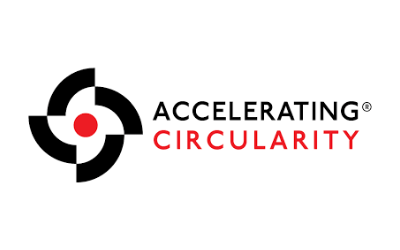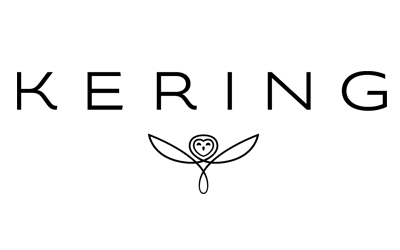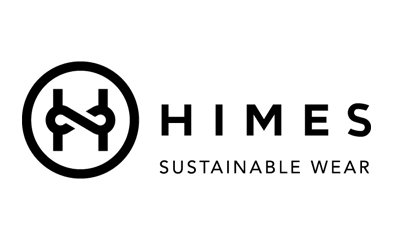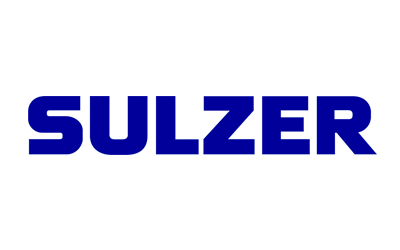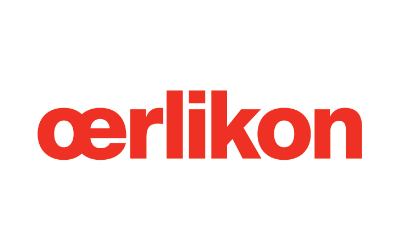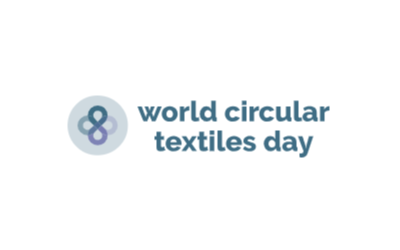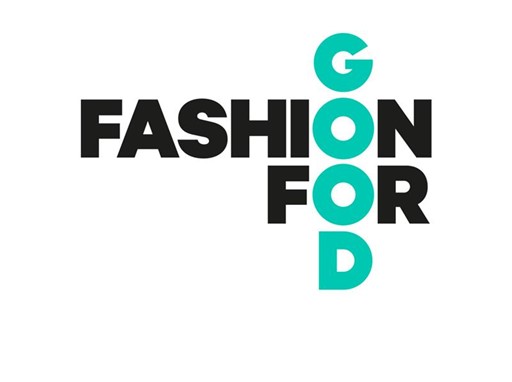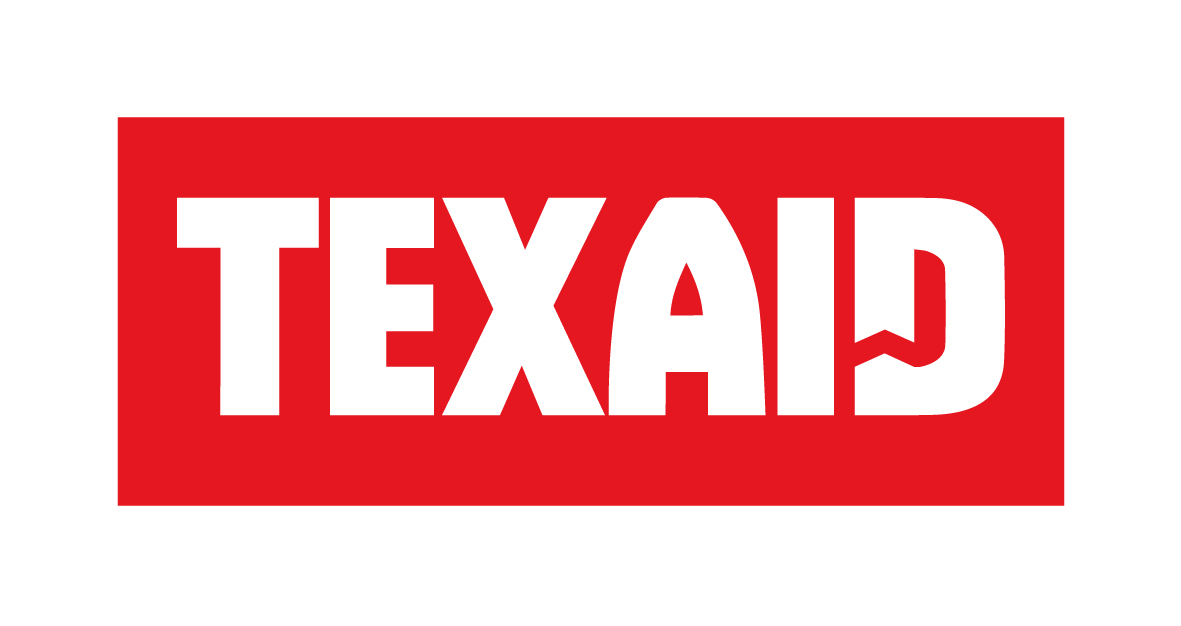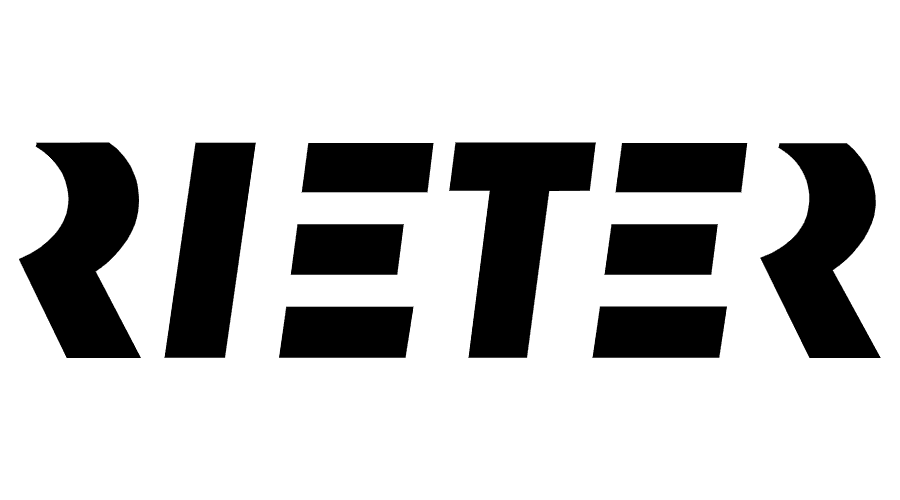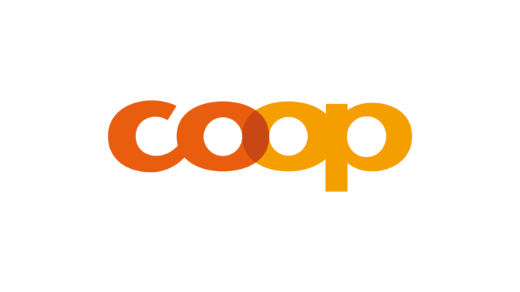Fabric Forward
Worn Again is the catalyst of a true circular economy for textiles.
Our innovation puts quality materials back into the supply chain.
We make quality and circularity possible.
Waste is out of fashion
Landfills and incinerators are brimming with textiles. Current recycling systems transform <1% of waste into new textiles, and create lower quality products. To keep up with demand, forests are destroyed and fossil fuels are extracted to make even more textile fibres.
We can and must do better.
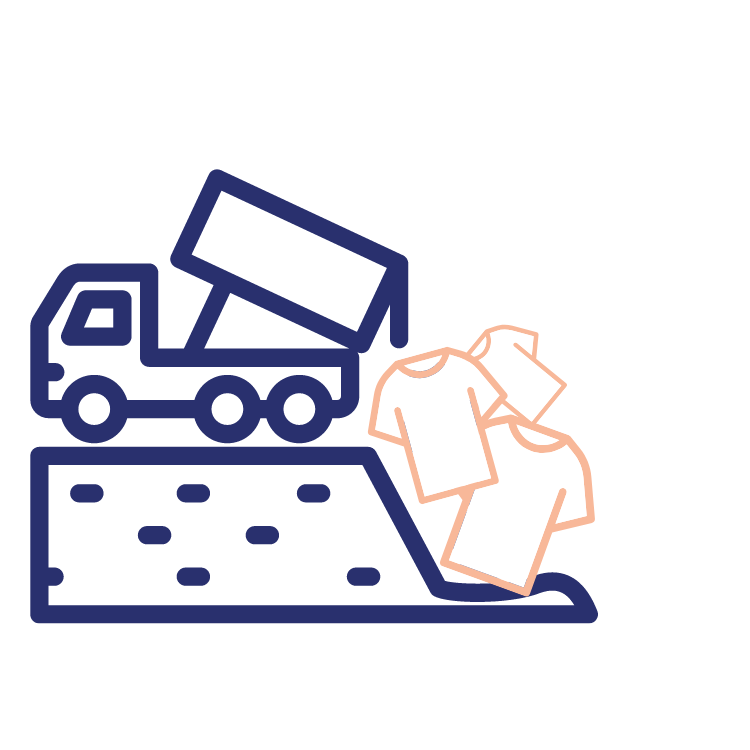
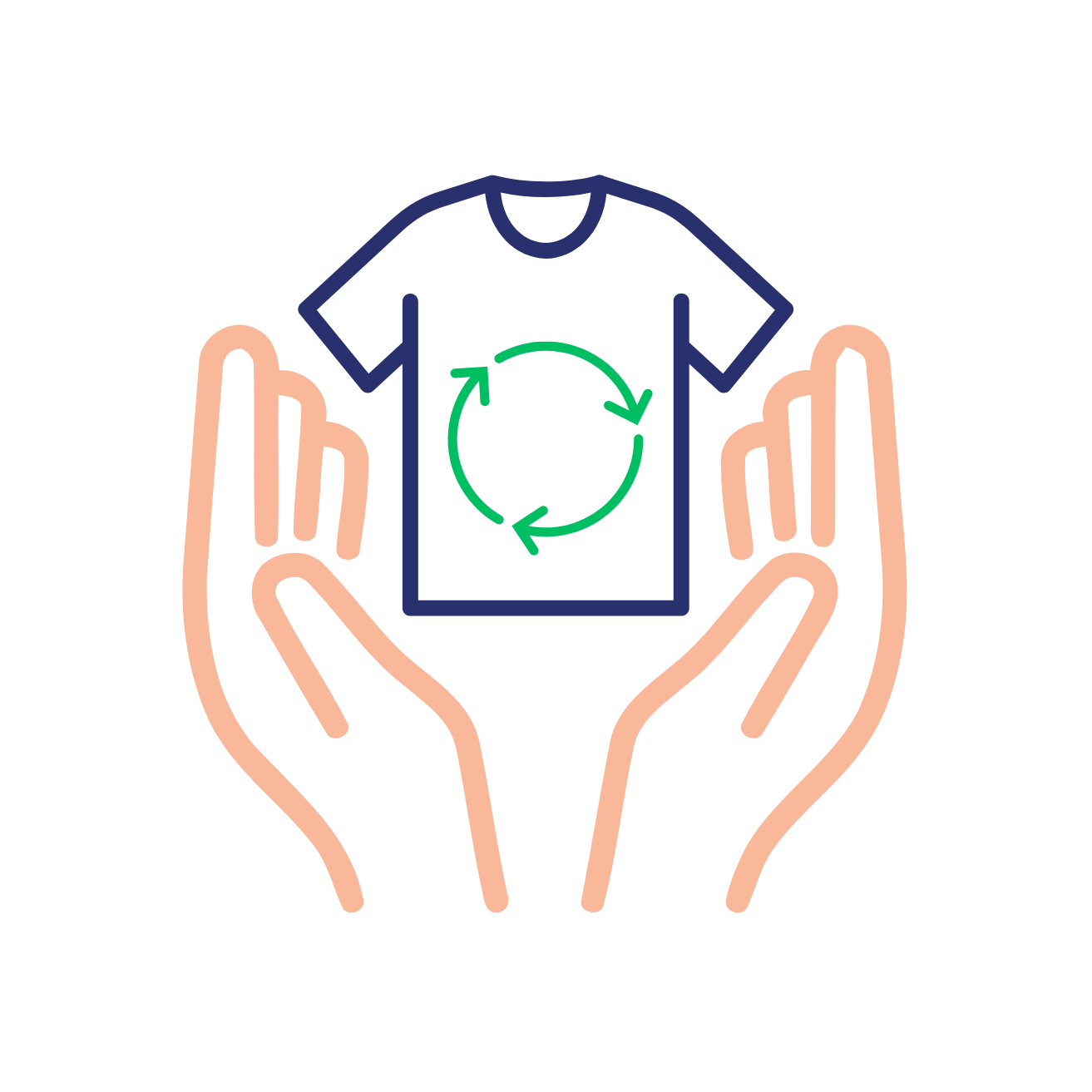
The circular economy is in our hands
Worn Again blends together equal parts circularity and quality. Our innovative chemical process converts textiles containing polyester and cotton back into circular materials. These products offset CO2 emissions and divert material away from incinerators and landfill waste.
Help us preserve our natural world.
Become part of a sustainable future.
Circularity and profitability go hand in hand. We are cultivating a network of like-minded partners throughout the supply chain to scale our unique technology.
If you are a potential plant operator, equipment provider, development partner or brand/retailer interested in playing a part, get in touch with us.
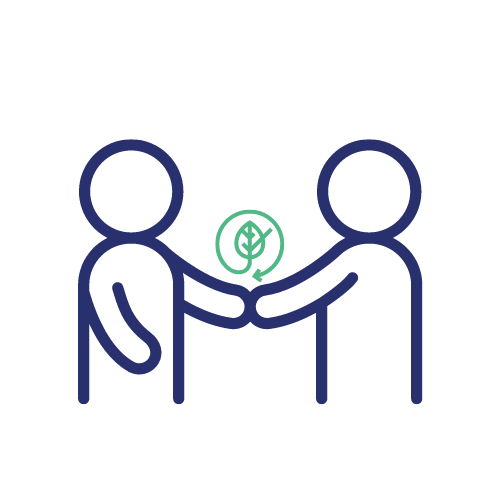
Million tons of global fiber production per year
%
Of textiles are fully circular
%
Of incoming textile recoverable by the Worn Again process
Reclaim infinity
AND FIND OUT MORE
A waste-free, circular resource world is within reach!
© Worn Again Technologies is a limited company registered in England and Wales. Registered number: 06816793. Registered office: Fieldfisher, Riverbank House, 2 Swan Lane, EC4R 3BF. Website crafted by Pavlina Jankotova.

